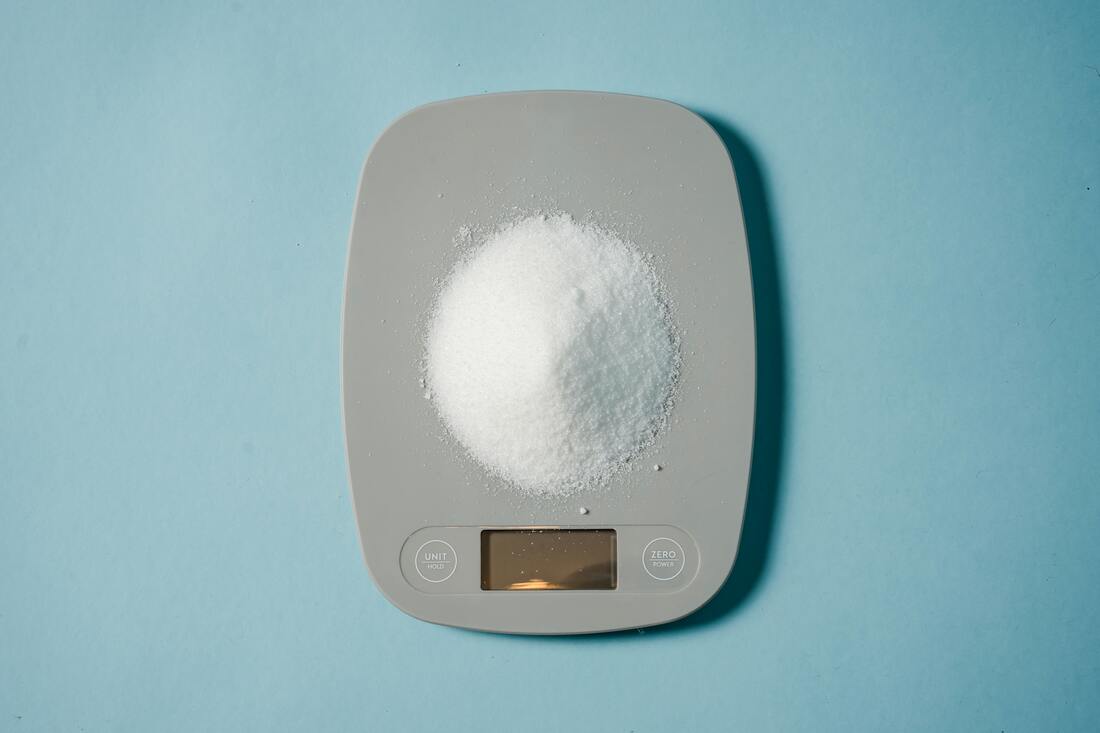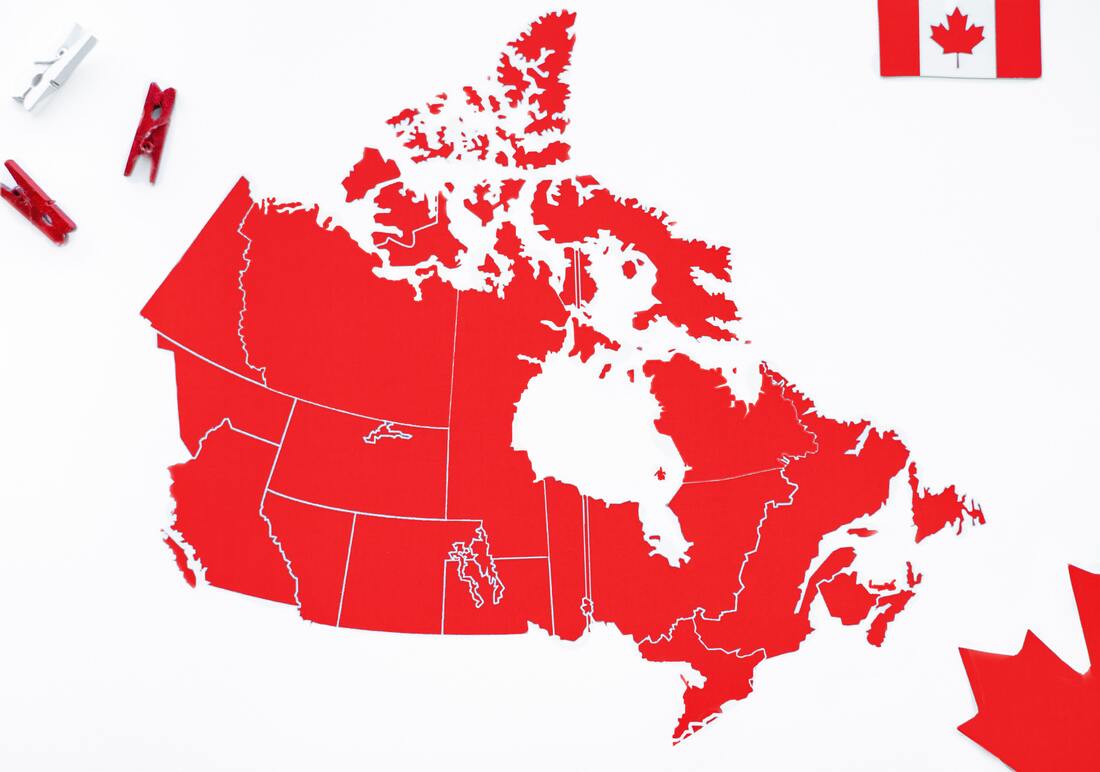In 2012, the disease was the direct cause of some 1.5 million deaths, with more than 80% of those occurring in low- and middle-income countries. WHO projects that diabetes will be the 7th leading cause of death by 2030.
Diabetes is a chronic disease that occurs either when the pancreas does not produce enough insulin or when the body cannot effectively use the insulin it produces. Insulin, a hormone that regulates blood sugar, gives us the energy that we need to live. If it cannot get into the cells to be burned as energy, sugar builds up to harmful levels in the blood.
There are 2 main forms of the diabetes. People with type 1 diabetes typically make none of their own insulin and therefore require insulin injections to survive. People with type 2 diabetes, the form that comprises some 90% of cases, usually produce their own insulin, but not enough or they are unable to use it properly.
Over time, high blood sugar can seriously compromise every major organ system in the body, causing heart attacks, strokes, nerve damage, kidney failure, blindness, impotence and infections that can lead to amputations.
World Health Day 2016: Key messages
WHO is focusing the next World Health Day, 7 April 2016, on diabetes because:
- The diabetes epidemic is rapidly increasing in many countries, with the documented increase most dramatic in low- and middle-income countries.
- A large proportion of diabetes cases are preventable. Simple lifestyle measures have been shown to be effective in preventing or delaying the onset of type 2 diabetes. Maintaining normal body weight, engaging in regular physical activity, and eating a healthy diet can reduce the risk of diabetes.
- Diabetes is treatable. Diabetes can be controlled and managed to prevent complications. Increasing access to diagnosis, self-management education and affordable treatment are vital components of the response.
- Efforts to prevent and treat diabetes will be important to achieve the global Sustainable Development Goal 3 target of reducing premature mortality from noncommunicable diseases (NCDs) by one-third by 2030. Many sectors of society have a role to play, including governments, employers, educators, manufacturers, civil society, private sector, the media and individuals themselves.
Prediabetes refers to blood glucose levels that are higher than normal, but not yet high enough to be diagnosed as type 2 diabetes (i.e. a fasting plasma glucose level of 7.0 mmol/L or higher). Nearly 50 per cent of those with prediabetes will go on to develop type 2 diabetes.
It is important to know if you have prediabetes, because research has shown that some long-term complications associated with diabetes—such as heart disease and nerve damage—may begin during prediabetes.
I watched a you tube version of the 5th Estate the other day, it was on sugar, it's effects on humans, and how we manage to eat so much of it unknowingly! The program also gave a realistic view on how much sugar are in some processed foods, even when you wouldn't consider any sugar to be added. The visuals were good and the message was straight forward.
We all need to reduce our “added sugar” intake.
So I challenge you today, to do something for your next week. Plan today, act next week; can you go 1 week with out ANY added sugar? I'm not talking about fruit, or naturally occurring sugars in carbohydrates (unless you are prediabetic or have type 2 which should lower their consumption of All sugars), For most, I'm talking about the 'added stuff'... even if it isn't the white stuff, I encourage everyone to drop the added sweet stuff. All of us are aware of the dangers of HFCS (high fructose corn syrup) and white sugars, but what about the excess amounts of coconut sugar, organic cane sugar, date sugar, agave, honey, maple syrup, brown rice syrup, molasses, and all of the ways we have processed the natural world to become condensed, sweeter, more addictive.
I'm all for the sweet treats every so often, but at the amounts we are consuming there is cause for concern. I'm not advocating using 'sugar substitutes', I'm posing the question to challenge yourself, for one week, to be aware of the added sugars you weren't aware you were eating and eliminate them. To reboot your taste buds, to challenge your creativity in the kitchen, and to not just survive on the calories you consume but thrive!
Leave it out of your tea and coffee, watch for it in your salad dressing, pho soup, terriaki tofu, packaged soups, ketchups, cereals, sauces, side dishes, protein bars, and package foods that have the convenient “organic” label, just because it's organic, doesn't necessarily mean it's healthy. Sugar my friends, is in almost everything we buy packaged from the store, so next week, because everyone needs time to prepare, go sugar free and spread the word! Share your experiences, and inspire someone else.
I'll bee posting tips and sugar free recipes to complete the week and I encourage you to follow this link and watch the 5th Estate now for a clear visual of why type 2 diabetes is considered an epidemic when 50 years ago it was unheard of..

